Tariro Ndoro (tarirondoro.wordpress.com)
is an emerging Zimbabwean short story writer and poet, whose story “The
Travellers” in amaBooks' most recent collection of Zimbabwean literature, Moving On and Other Zimbabwean Stories, caught my eye. I had the pleasure of interviewing her as part of a panel on the
collection at Intwasa Arts Festival in Bulawayo in October 2017. Her depiction
of the economic and social end-of-the-road in the person of a bored Chicken Inn
employee in “The Travellers” really humanizes the social and economic
difficulties that Zimbabweans – and Southern Africans, generally - are
currently facing. Her poetry and her prose alike explore scenes like this one
from Cape Town in her poem “Transport”: “across from me, sleeping on the
bubbling yellow foam / of the tattered prison grey seat, a tattered young man /
and his tired sister both travel to their dead end jobs.” For every
protestation that 2017 is not the
new 2008 in Zimbabwe, Ndoro answers with another searching portrait of those
whose minor suffering belies ongoing, everyday realities. Do I stay or do I go
now?
describe your favourite
novel or writer using synaesthetic terms
The God of Small Things by Arundhati Roy.
Definitely. This work was pretty revelatory for me. A warm, relatable book, and
at the same time creepy and claustrophobic and painful. I love the different
motifs Roy sets up and how they all tie up in the end as well as her
several streams of consciousness.
what are four [two]
metaphors for your relationship to African writing?
A stuffy room, mainly because there
seems to be this culture of having an elite few African writers that are the
flagships for African literature, which means a lot of emerging writers feel
like they have no voice at all or no story to add to the ongoing narrative.
A good meal that ended
before I was done eating, when I find a story that's particularly fresh and good --
for instance, a lot of Lesley Nneka Arimah's work.
assuming a utopian arc,
what is the best thing about Africa in the future?
Self actualisation. It seems we're going through an African
Renaissance. The natural hair revolution, African literary ezines giving the
ordinary African more access to African lit... If all goes well, ten years
from now, we'll be an actualised continent and the stereotypes that hold my
generation of POCs back won’t hinder my children (I hope).
what habits aid writing
most and least?
Reading. Reading the classics for structure, reading the
contemporaries for inspiration and reading outside of my forte to prevent
stagnation. Daydreaming also helps and giving myself writing targets (eg 1000
words a day).
how do you do it?
I love it. I know this isn't really an answer -- but it is
the love I have for stories and story-telling that drives my search
for the greatest short story, my love for the word that makes me struggle
with my own fear of the blank page and the discouragement brought on by
rejection slips. On a practical note, though, I probably spend about one or two
hours [a day] writing until I run out of steam, then I go back to reading and
editing until I find some form of inspiration to write a new work.
what is the most exciting
book you've read in the past six months?
This is a hard question. I haven't read a whole lot of books in a
while. I feel like I've been reading short stories. The God of Small Things was pretty exciting. I read it this
year but I'm not sure when. I've also started reading Kate Zambreno's Green Girl and that's pretty
exciting as well; I love the pace of the book and also the streams of
consciousness Zambreno constructs.
James Arnett holds a Fulbright Core Teaching/Research
Fellowship to Zimbabwe, 2017-2018. He is teaching at the National University of
Science and Technology in Bulawayo, Zimbabwe, and conducting research on the
city's literary history, its cultural infrastructure, and its outlets for
creative writing.



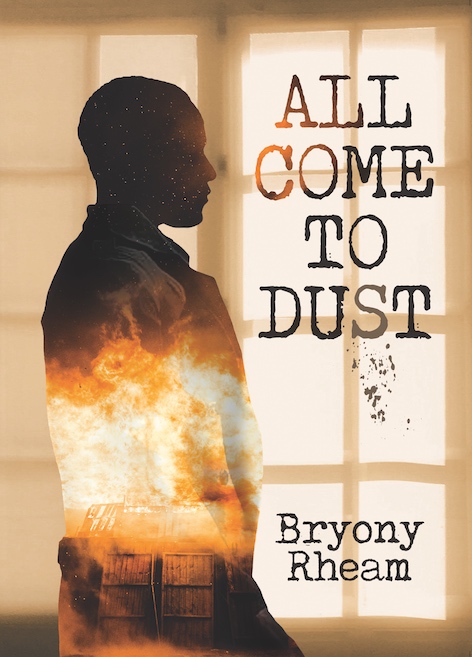
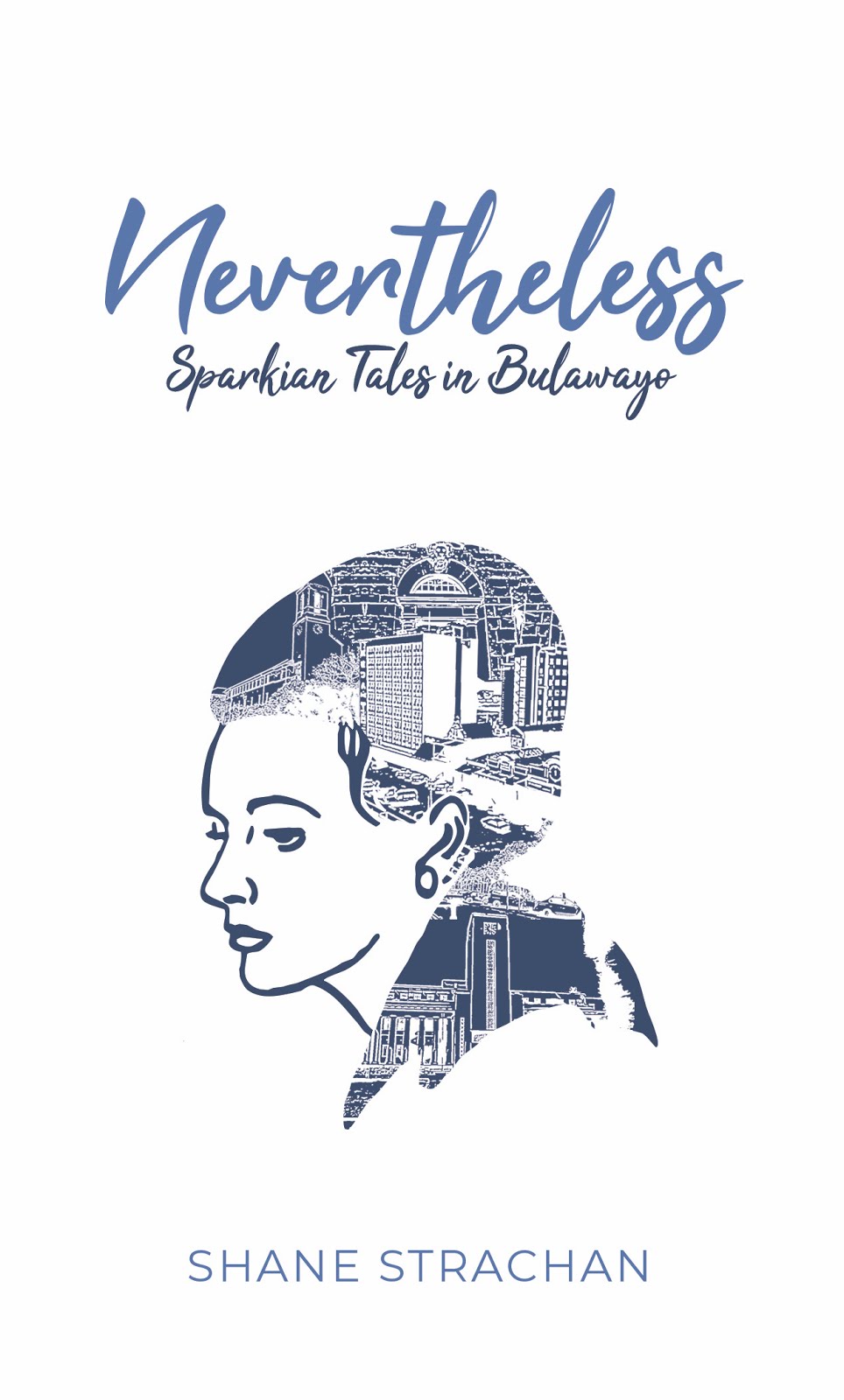





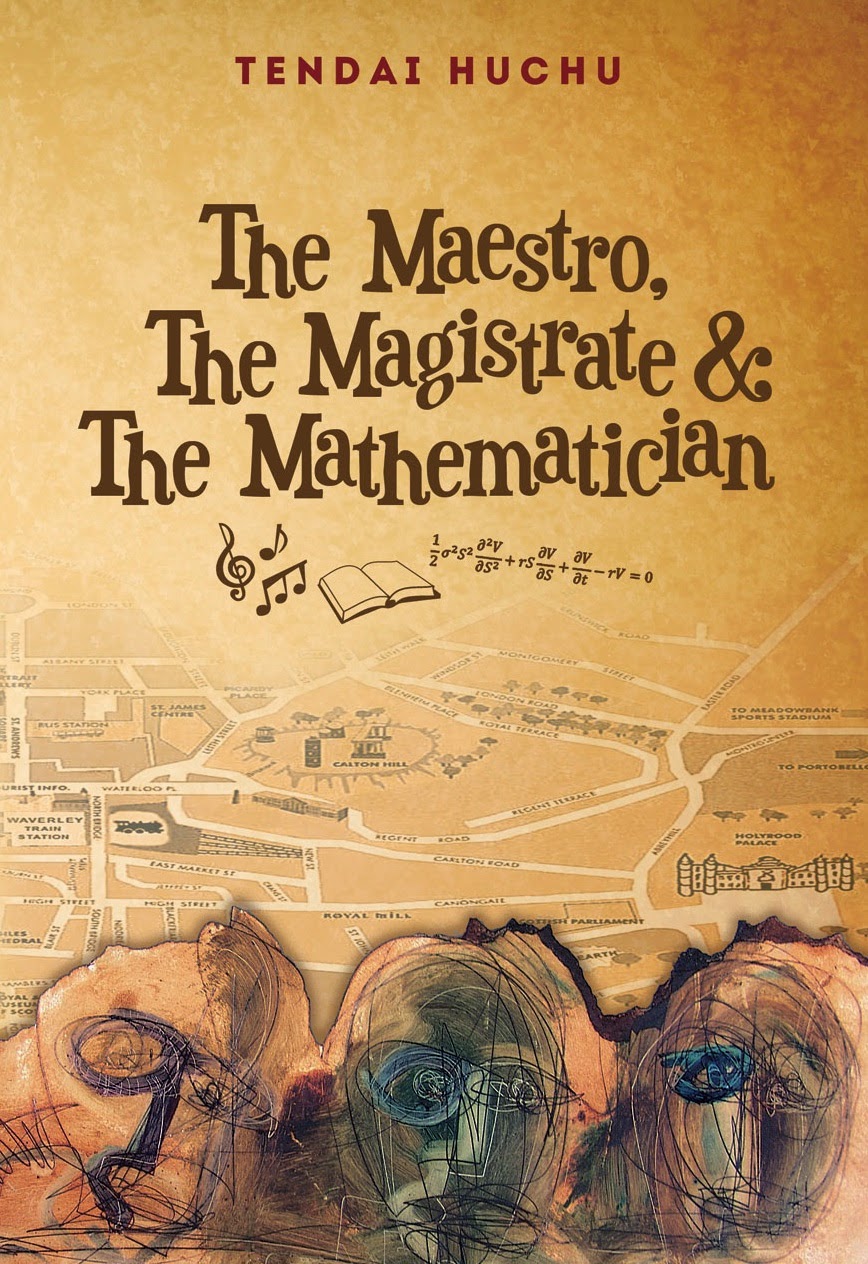
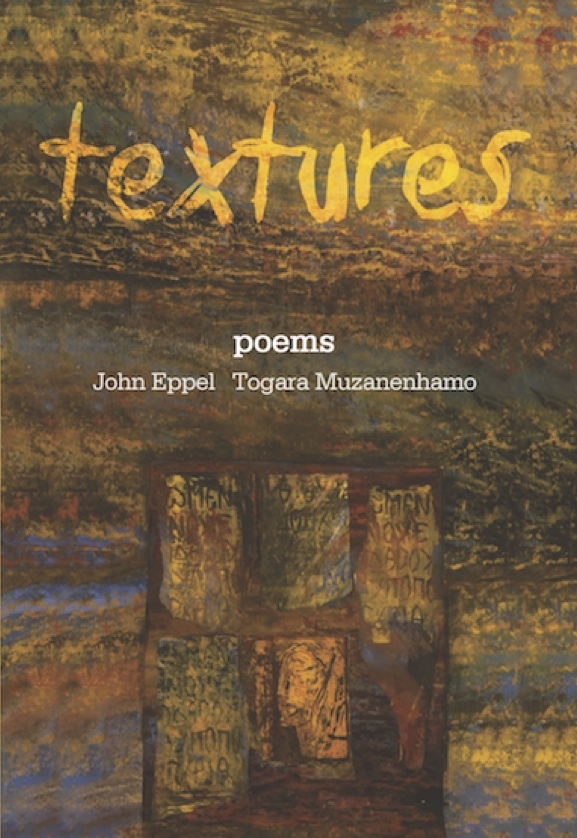
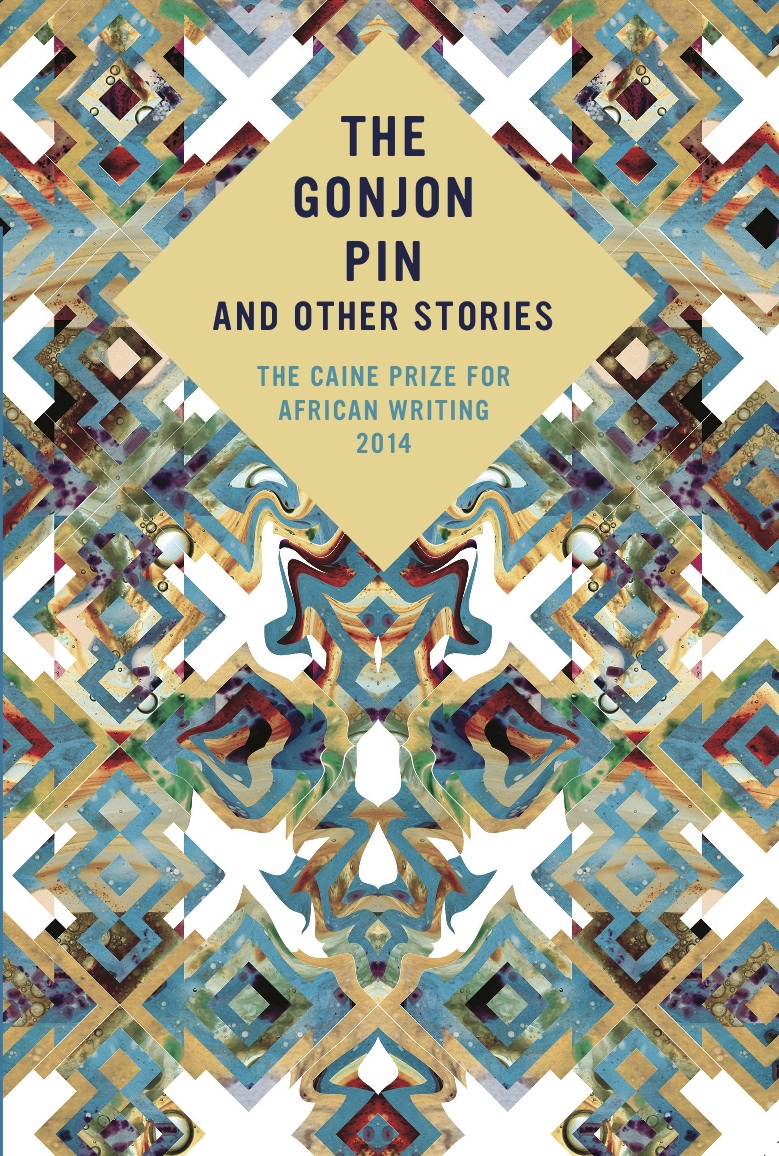
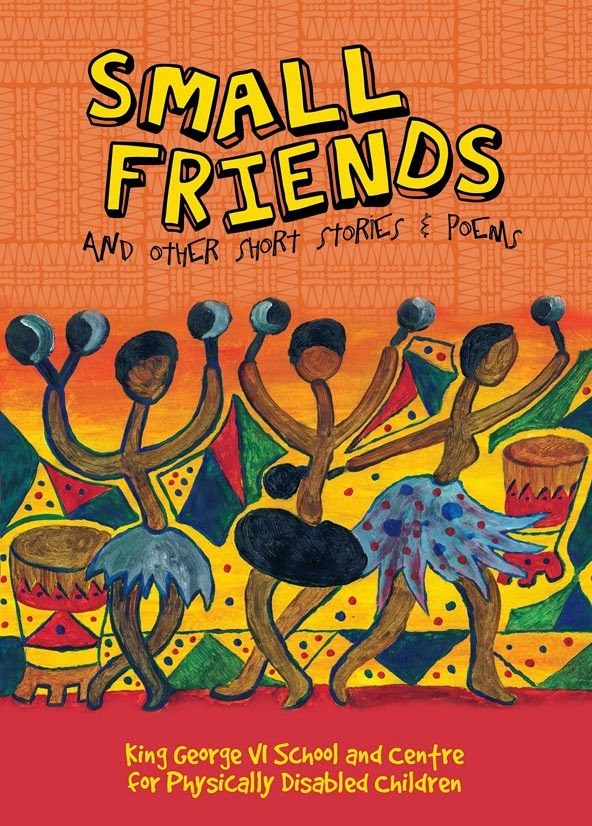
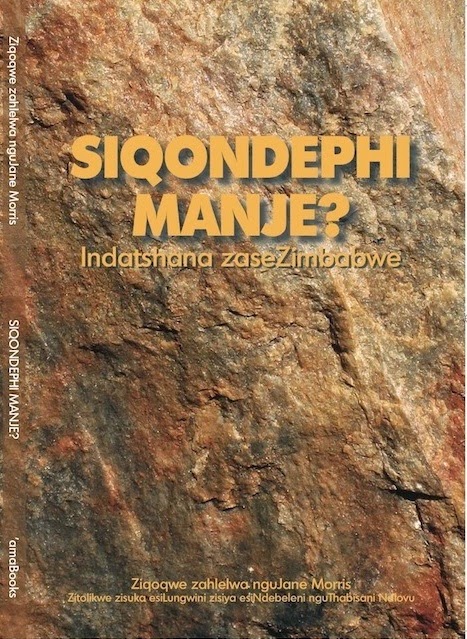
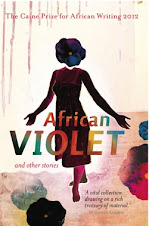

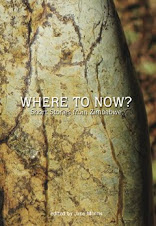
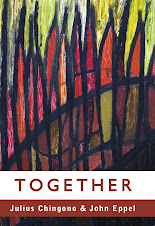
.jpg)

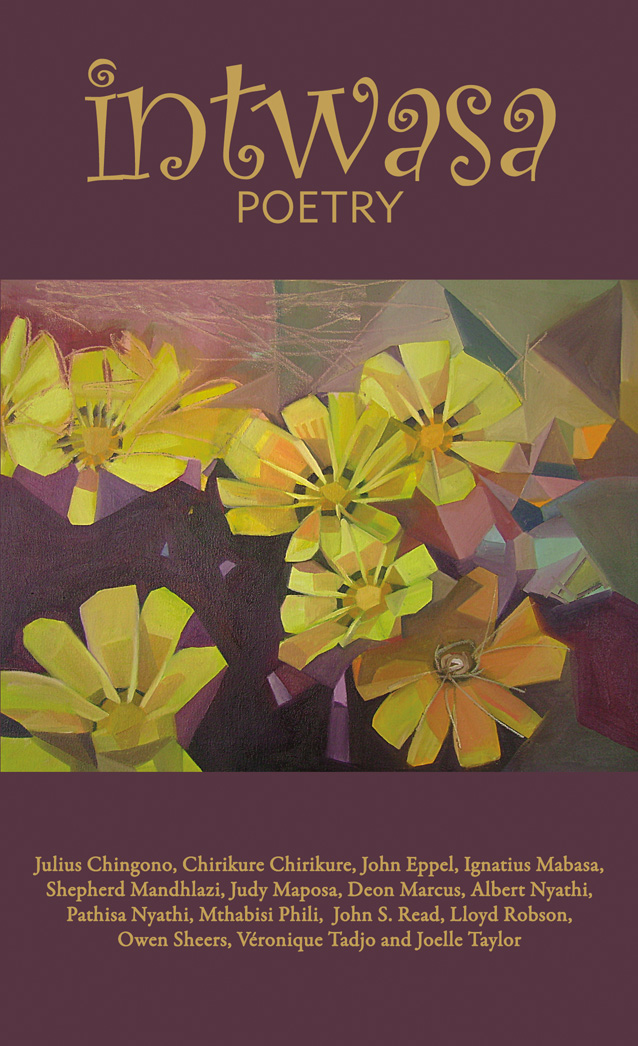


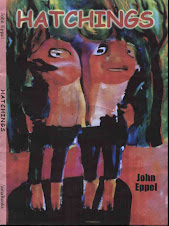













.jpg)

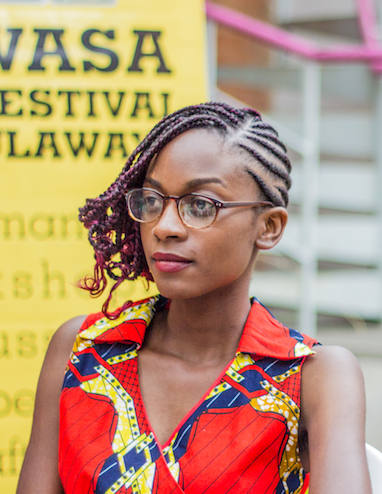


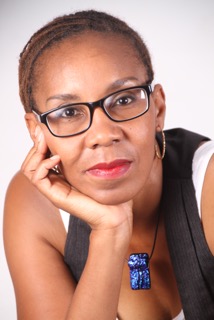
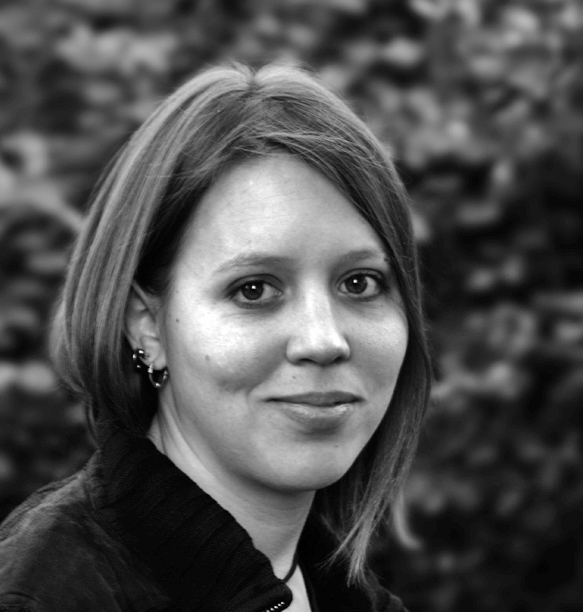





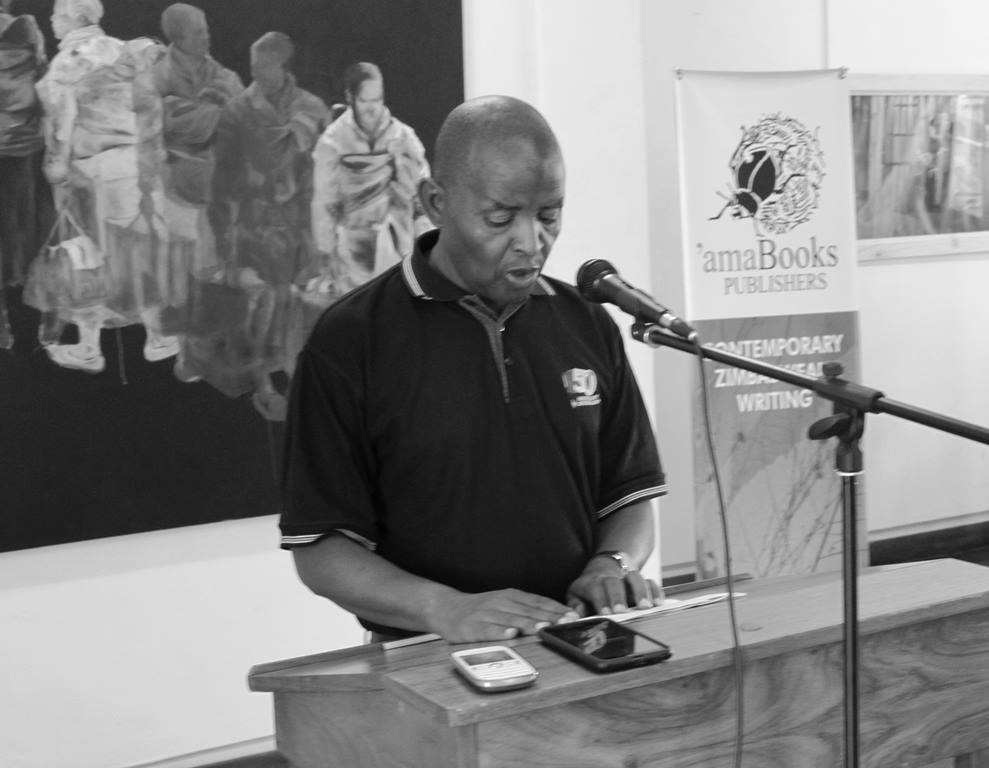


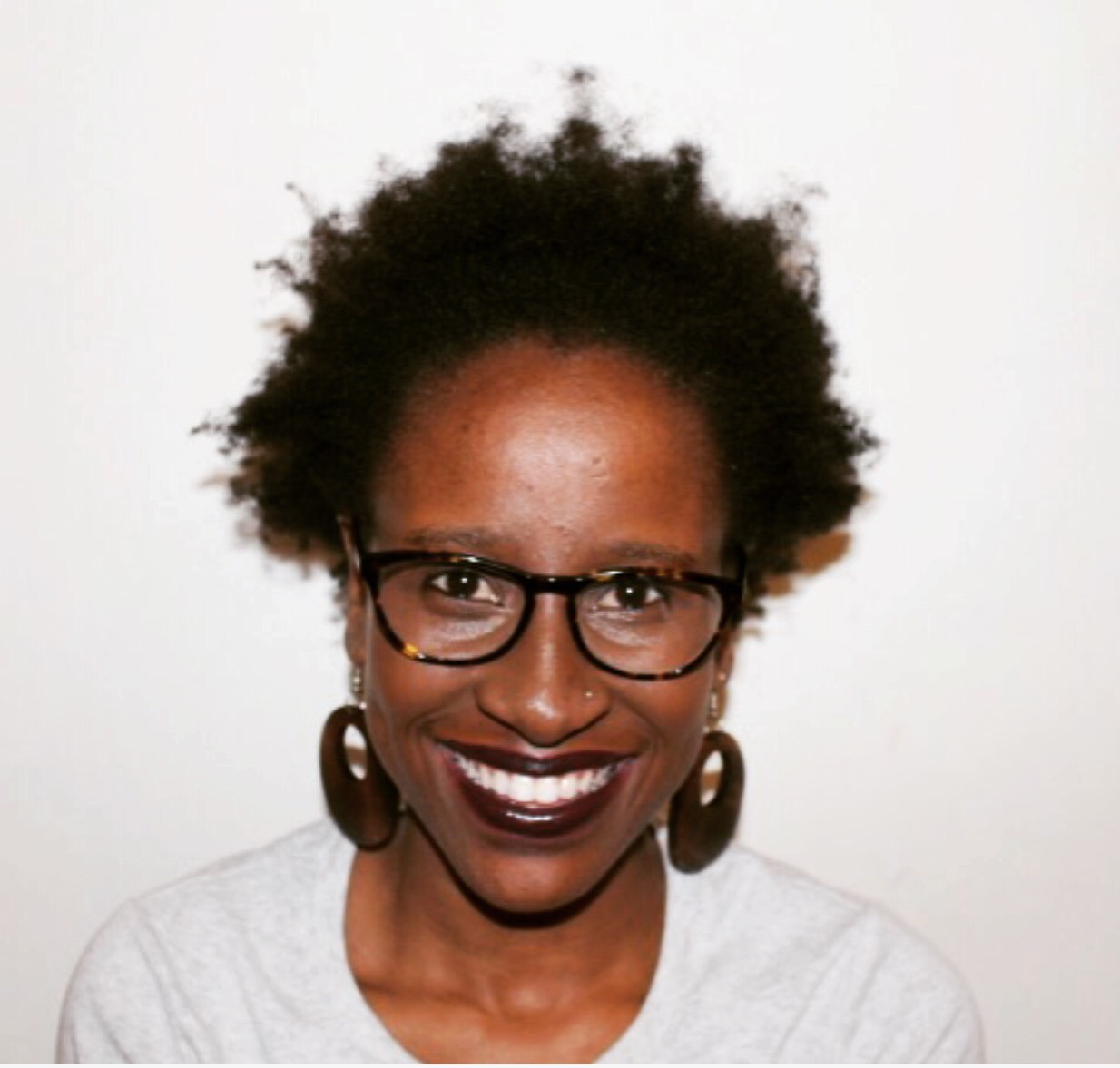



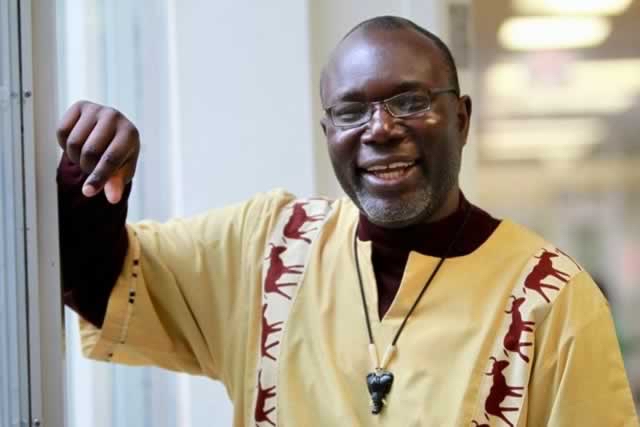









No comments:
Post a Comment